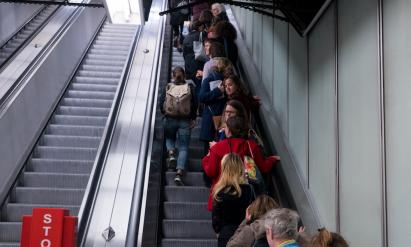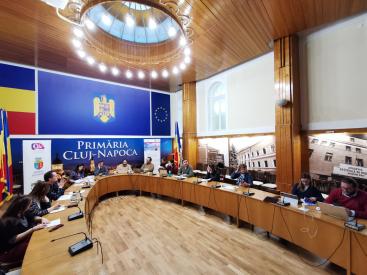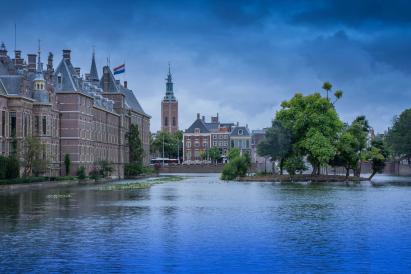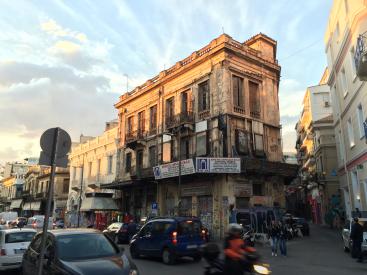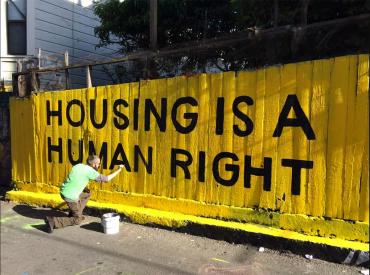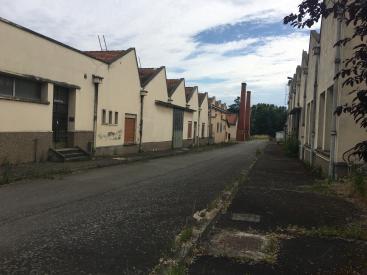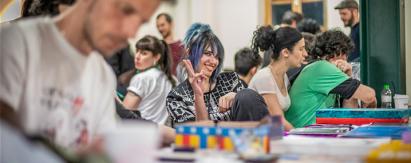The Hague shares the dutch experience on Com.Unity.Lab
The City of The Hague joined the Com.Unity.Lab URBACT Network in Phase 2 of the Transfer Network to share its experience with Community-Led Local Development (CLLD) and be inspired by the BIP/ZIP strategy of Lisbon in order to improve the local strategy. During the Transnational Meeting in The Hague, on October 9th and 10th, the focus was on CLLD – the fourth tool from the Lisbon toolbox. The network partners paid visits to several projects that were realized by the foundation Stichting Initiatief op Scheveningen and the foundation and a representative of one of the funded projects shared with the project partners the workings of CLLD in their context, the challenges, and the importance of continuation with this form of citizen engagement. Sam Hurulean, from The Hague team, shared part of the dutch experience, future plans and expectations.
[[{"fid":"28639","view_mode":"default","fields":{"format":"default","field_file_image_alt_text[und][0][value]":false,"field_file_image_title_text[und][0][value]":false,"field_author[und][0][value]":""},"link_text":null,"type":"media","field_deltas":{"1":{"format":"default","field_file_image_alt_text[und][0][value]":false,"field_file_image_title_text[und][0][value]":false,"field_author[und][0][value]":""}},"attributes":{"height":769,"width":1024,"style":"width: 512px; height: 385px;","class":"media-element file-default","data-delta":"1"}}]]

